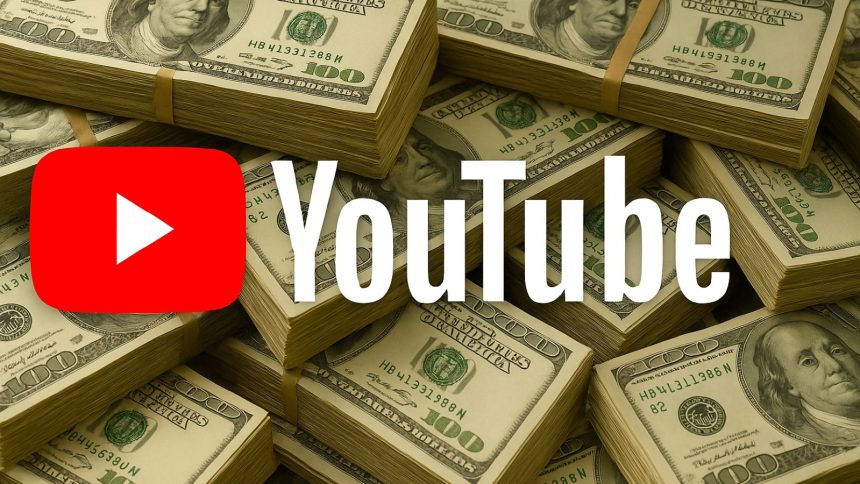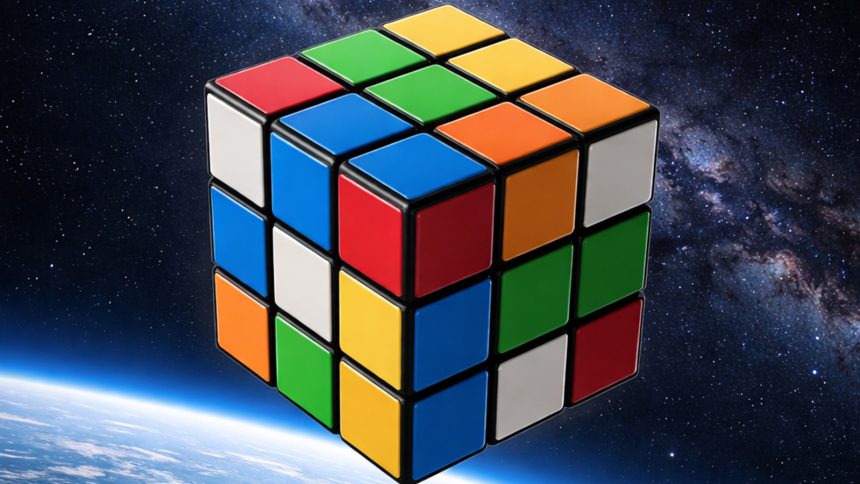“Baby Shark Dance” is the biggest video in YouTube history with more than 16 billion views, yet the team behind it hasn’t cashed as you’d expect. Pinkfong’s global hit has dominated every corner of the internet for years, but new reporting shows the financial payoff is surprisingly modest compared to its reach.
The video was uploaded in 2016 and went on to become a cultural phenomenon, spawning toys, TV shows, live tours, and endless remixes.
In 2020, it overtook Despacito as YouTube’s most-viewed video and since nearly doubled its lead over Luis Fonsi’s song.
Its appeal stretches worldwide, with parents and toddlers in dozens of countries contributing to its staggering view count. That kind of scale usually translates into huge YouTube ad revenue. In this case, it didn’t.
Baby Shark isn’t making nearly as much money as you’d think
The biggest reason is that Baby Shark is classified as “made for kids,” which puts strict limits on monetization.
After YouTube’s massive 2019 settlement with the Federal Trade Commission over children’s privacy, the platform removed personalized ads, comments, notifications and several engagement drivers from kids’ content. That change dramatically reduces ad revenue for any video aimed at young audiences, no matter how viral it becomes.
As reported by The Wall Street Journal, Pinkfong earned around $67 million in revenue last year across all business lines, with roughly $13 million in operating profit. Those numbers are solid but nowhere near what many assume for the most-viewed video in internet history. Analysts note that without kids-content restrictions, Baby Shark could have earned two to three times more, but the policy environment leaves a hard ceiling on its ad income.
The company is now trying to grow beyond YouTube. Pinkfong is preparing to list on South Korea’s Kosdaq exchange, and is expanding further into apps, licensing, toys and global entertainment projects.
Despite its unmatched viewership, Baby Shark is more of a brand engine than a guaranteed cash machine, and its long-term success depends on diversification rather than viral momentum.
Baby Shark’s cultural impact has also taken some unexpected detours. In 2019, West Palm Beach decided to blast both Baby Shark and Raining Tacos in an attempt to get the homeless to leave.
In another case, a Canadian mall blasted the song on loop to deter homeless people from loitering near the building.
In 2024, Rapper Ralan Styles, who went viral after uploading a rap remix of Baby Shark, was fatally shot during an attempted robbery.













